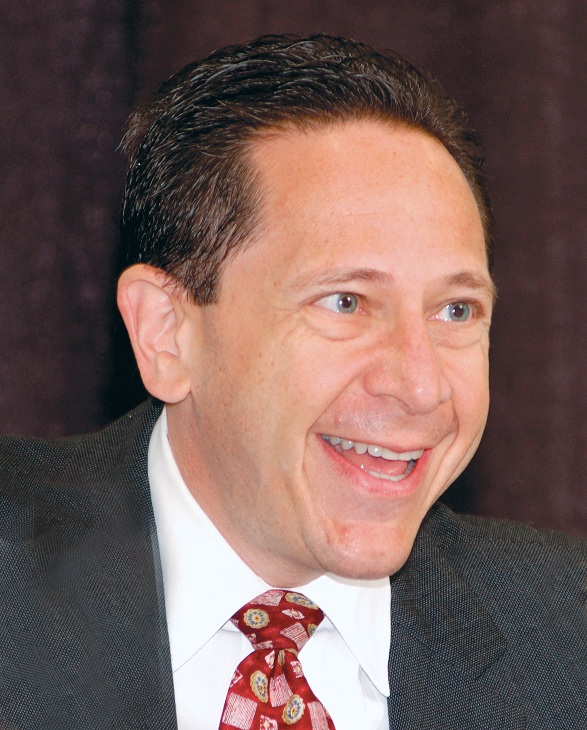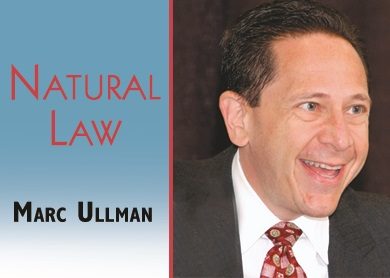Whenever Dr. Pieter Cohen of Harvard University publishes another article for the national media or does another of his seemingly endless series of television appearances decrying the dietary supplement industry as under-regulated and irresponsible, it’s natural to expect that retailers will fill face the immediate consumer questions. USA Today’s seemingly endless series of “investigative” reports entitled, "Supplement Shell Game" was also designed to make consumers question whether they could trust any dietary supplement because of the U.S. Food and Drug Administration's (FDA) supposed lack of authority to adequately regulate.
When customers come into retail stores asking if stories like this are really true—do they need to worry about whether dietary supplements really are unregulated—retailers and their staff need to be prepared to reassure them that USA Today and Dr. Cohen have it wrong. Dietary supplements actually are highly regulated by the FDA, or at least they are supposed to be.
Just like any other food, supplements are subject to all of the provisions of the Federal Food Drug and Cosmetic Act (FDCA), which is supposed to be enforced by the FDA. The FDCA makes it illegal for anyone to sell a food/dietary supplement that is adulterated (i.e., contains anything that is harmful to human health) or misbranded (i.e., does not contain exactly what it is supposed to contain or makes unauthorized disease / drug claims). And, the FDCA makes it a strict liability criminal offense to sell any dietary supplement that is adulterated or misbranded. In other words, anyone who sells a product masquerading as a dietary supplement but actually has hidden/secret ingredients (like prescription medications for “male enhancement” or weight loss) can be easily prosecuted by FDA if the Agency chose to do so.
Retailers should be prepared to explain this to any customer (or potential customer) who questions whether the supplements they sell “really” are regulated by FDA. Customers should also be told that FDA almost never prosecutes the criminals who sell products with hidden pharmaceutical ingredients (also known as, illegal, unapproved new drugs) or who lie about what they put in their products. This, not the lack of sufficient regulation or legal authority, is what is creating the problem that Dr. Cohen and USA Today are complaining about.
Retailers should also be able to explain that dietary supplements are supposed to be produced in accordance with Good Manufacturing Practices (GMPs) which have been mandated by FDA. These regulations were mandated 20 years ago by the Dietary Supplement Health and Education Act (DSHEA) of 1994. It took FDA 13 years to issue this regulations, and every supplement manufacturer was supposed to be compliant with the GMPs by June, 2010. Four years later, many companies are still not following these rules and FDA continues to struggle with enforcement of the regulation.
When consumers ask what they can do about this, retailers should be prepared to tell them that the only people who can make FDA enforce the law and chase the bad guys out of the industry are in Congress. Customers should be encouraged to ask their representatives in Washington to tell FDA to use its authority under DSHEA to enforce the law as it was meant to be. If FDA can be persuaded to act, then supplement retailers may not have to spend their time explaining to customers that the products they sell really are regulated. WF
 Marc Ullman is a partner in New York City based Ullman, Shapiro & Ullman. His practice focuses on the dietary supplement/natural products industry with a particular emphasis on FDA and FTC compliance issues including Good Manufacturing Practices and product claims.
Marc Ullman is a partner in New York City based Ullman, Shapiro & Ullman. His practice focuses on the dietary supplement/natural products industry with a particular emphasis on FDA and FTC compliance issues including Good Manufacturing Practices and product claims.
Posted Aug. 7, 2014









